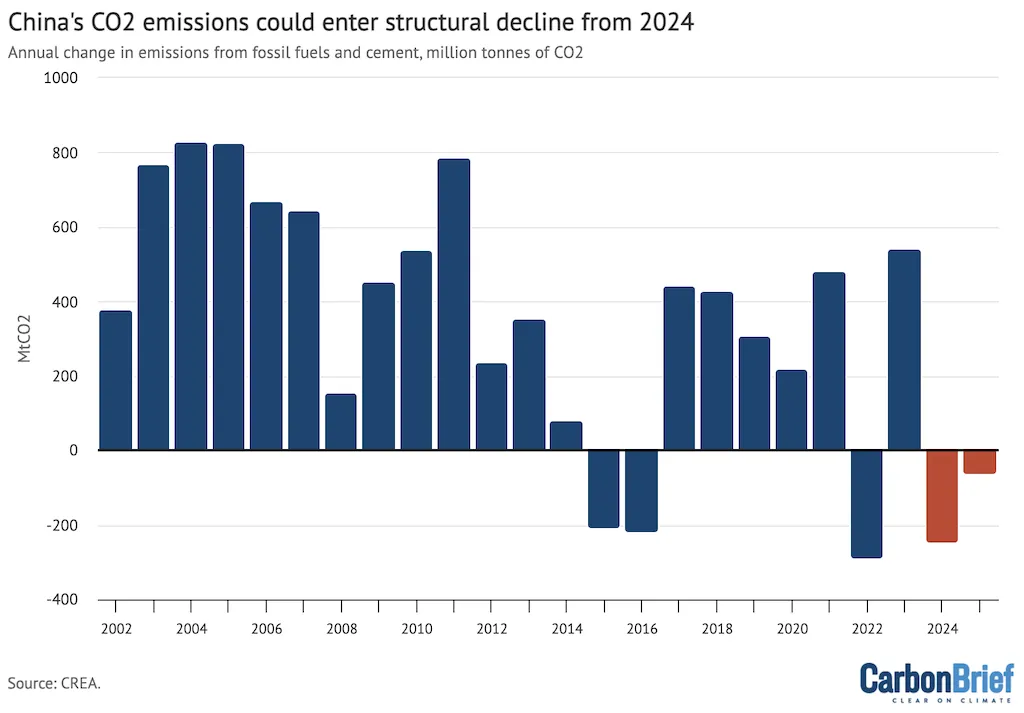In the quest for sustainable agriculture, a new study published in *Frontiers in Sustainable Food Systems* (translated as *Frontiers in Sustainable Food Systems*) sheds light on the intricate relationship between new quality productivity and agricultural carbon emissions in China. Led by Yongqi Xie, the research delves into how advancements in agricultural technology and practices are reshaping the carbon footprint of the sector, with significant implications for the energy sector and global sustainability efforts.
The study, which analyzed Chinese provincial panel data from 2012 to 2022, reveals that new quality productivity—encompassing innovative, resource-efficient, and environmentally friendly agricultural practices—plays a pivotal role in reducing agricultural carbon emissions. Specifically, the research found that each unit increase in new quality productivity correlates with a 20.2% reduction in emissions. This finding underscores the potential for technological advancements to drive significant environmental benefits.
“New quality productivity is not just about increasing yields; it’s about doing so in a way that minimizes environmental impact,” said Yongqi Xie, the lead author of the study. “Our findings highlight the importance of adopting sustainable practices that align with the United Nations Sustainable Development Goals.”
However, the study also uncovers a complex interplay of factors that influence the overall impact of these advancements. While facility agricultural technology—such as greenhouses and precision farming—drives a 2.8% indirect emission reduction through more efficient resource use, this positive effect is partially offset by the “masking effect” of agricultural mechanization. The reliance on fossil fuels for mechanized farming contradicts low-carbon transition objectives, highlighting the need for a balanced approach that integrates multiple sustainable practices.
Regional disparities further complicate the picture. The western region of China, with its adaptive capacity to low-carbon technologies, benefits the most from emission reduction effects. In contrast, the eastern region, which has energy path dependencies in intensive production models, shows an unexpected promoting effect on emissions. This regional heterogeneity underscores the importance of tailored strategies that consider local resource endowments and production process characteristics.
The study also reveals that new quality productivity is most effective in reducing emissions during high-carbon input stages, such as fertilizer and pesticide use. However, its impact is weaker in tillage applications, pointing to unaddressed sustainability challenges in these areas. This nuanced understanding of the production process provides valuable insights for policymakers and industry stakeholders seeking to optimize agricultural practices for carbon reduction.
As the world grapples with the urgent need to reduce carbon emissions, this research offers a roadmap for achieving agricultural sustainability. By navigating the constraints posed by technical trajectories, regional resource endowments, and production process characteristics, stakeholders can unlock the full decarbonization potential of new quality productivity. The findings not only enrich the carbon reduction mechanisms of new quality productivity in agriculture but also provide clear policy targets for agricultural decarbonization policy-making.
For the energy sector, the study highlights the critical role of sustainable agricultural practices in reducing overall carbon emissions. By integrating renewable energy sources and reducing reliance on fossil fuels, the agricultural sector can contribute significantly to global sustainability efforts. This research serves as a call to action for policymakers, industry leaders, and researchers to collaborate in developing and implementing sustainable agricultural practices that align with the broader goals of decarbonization and sustainable development.
In the words of Yongqi Xie, “The path to sustainable agriculture is complex, but the potential rewards are immense. By embracing new quality productivity and addressing the challenges head-on, we can create a more sustainable future for all.”

